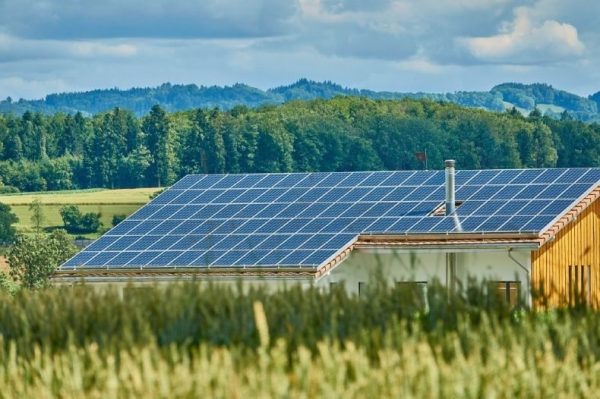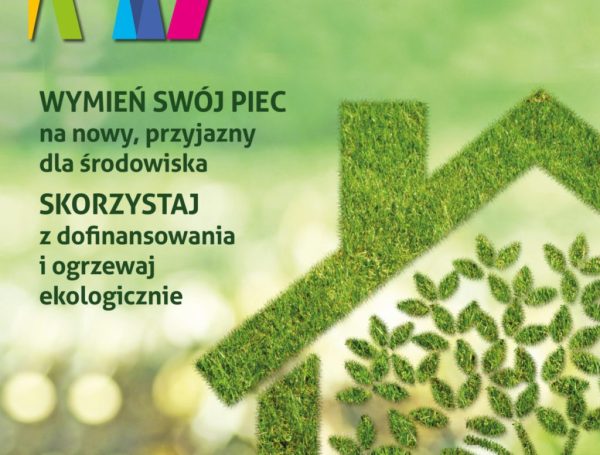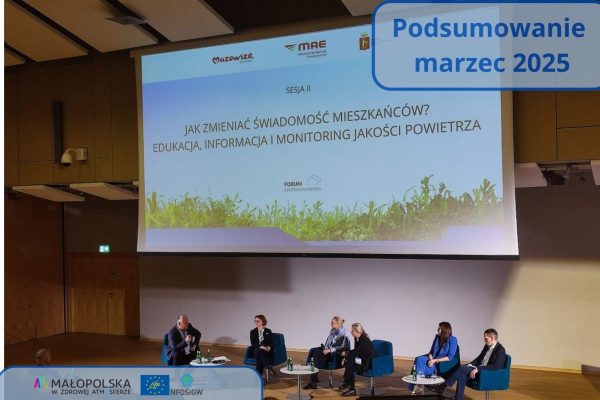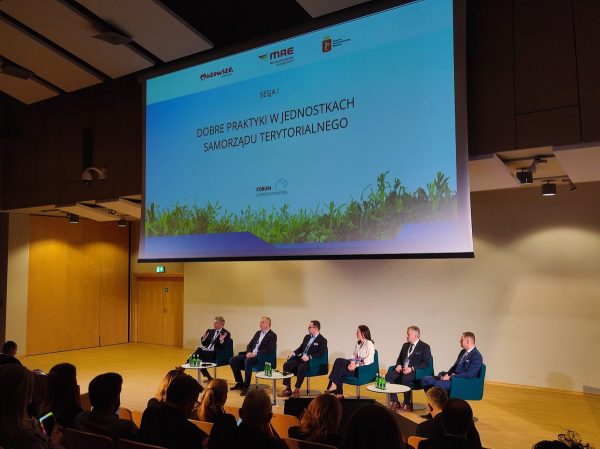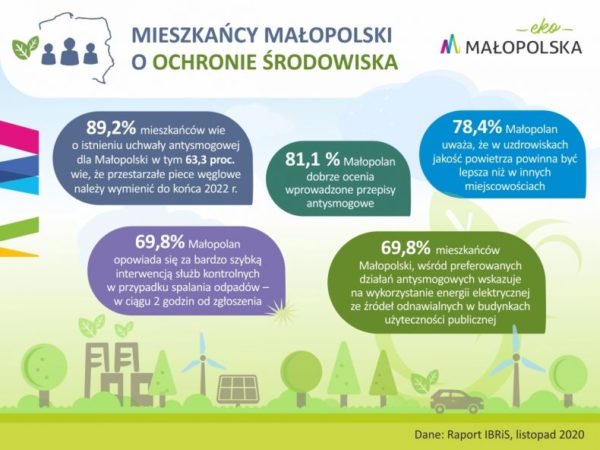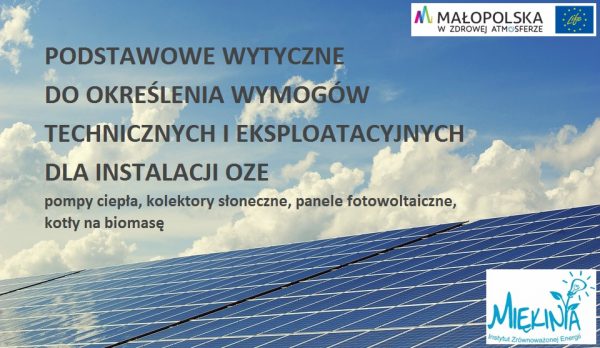Thermo-modernization tax relief – the source of investment financing
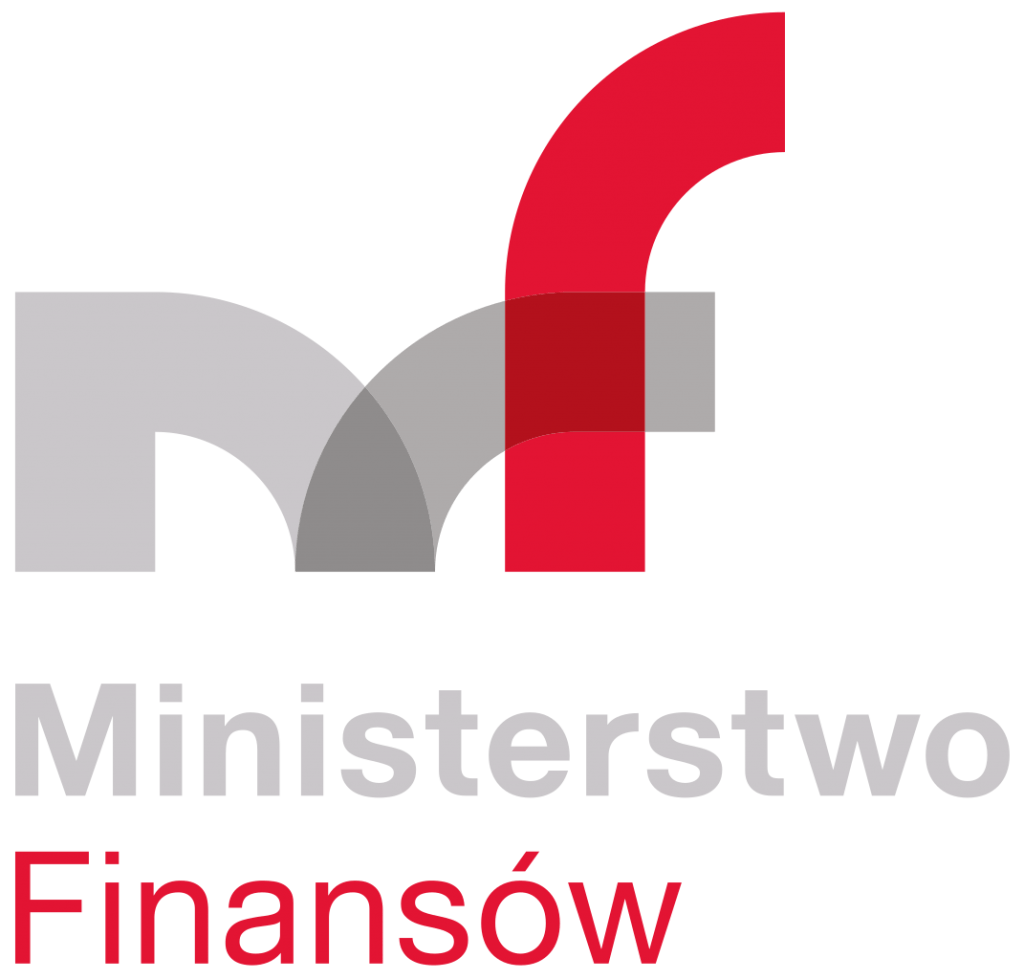
In order to accelerate the process of air quality improvement, the Ministry of Finance launched financial support for thermal modernization of single-family residential buildings in the form of a thermo-modernization tax relief. The relief allows deduction from income (revenues) of the expenses related to the implementation of thermo-modernization projects in single-family residential buildings.
Who can benefit from the relief?
The entities authorized to benefit from the tax relief are the PIT taxpayers who pay their taxes:
- according to the tax scale,
- according to the 19% tax rate,
- according to the lump sum from registered income.
Limit of the relief
The thermo-modernization tax relief includes the possibility of deducting 100% of expenses incurred during the implementation of the project. However, the amount can not be higher than PLN 53,000. It is the total of expenditures in relation to all thermo-modernization projects underway in the individual buildings owned or co-owned by the taxpayer. The limit applies to the taxpayer regardless of the number of thermo-modernization projects carried out in individual years.
Other rules of using the relief
The deduction applies only to the existing buildings. The duration of the venture rewarded project can not exceed 3 years. You can deduct an expenditure including a tax on goods and services if the tax has not already been deducted by the taxpayer under the Value Added Tax Act. If the deduction amount was not covered by the taxpayer’s annual income, deductions can be made for the next 6 years from the end of the tax year in which the first expenditure was incurred. The deduction is not deductible in the part in which they were co-financed from the funds of the Environmental Protection and Water Management or returned to the taxpayer in any form.
What materials and services are covered by the thermo-modernization tax relief?
Construction materials and devices:
- construction materials used for insulating building partitions, balcony slabs and foundations included in thermal insulation systems or used to protect against dampness;
- thermal nodes with temperature programmers;
- condensation gas boilers with control, safety and regulating fittings as well as air supply and an exhaust system;
- condensation oil boilers with control, safety and regulation fittings, as well as an air and flue gas supply system;
- gas tanks or oil tanks;
- solid fuel boilers that meet at least the requirements set out in Commission Regulation (EU) 2015/1189 of 28 April 2015 on the implementation of Directive 2009/125/EC of the European Parliament and of the Council with regard to Ecodesign requirements for solid fuel boilers (Journal of Laws EU L 193 of 21.07.2015, p. 100);
- connection to a heating or gas network;
- construction materials included in the heating installation;
- construction materials included in the installation for hot water preparation;
- construction materials included in the electric heating system;
- heat pumps with accessories;
- solar collectors with accessories;
- photovoltaic cells with accessories;
- window and door carpentry, including windows, roof windows with assembly systems, balcony doors, garage gates, non-opening transparent surfaces;
- construction materials that make up the mechanical ventilation system with heat recovery or heat and cold recovery.
Services:
- energy audits of buildings before the implementation of thermo-modernization undertakings;
- thermographic analyses of buildings;
- preparation of project documentation related to thermo-modernization works;
- preparation of ornithological and chiropterological expertise units;
- insulating building partitions or balcony slabs or foundations;
- replacement of external carpentry e.g.: windows, roof windows, balcony doors, external doors, garage doors, non-opening transparent surfaces;
- replacement of the elements of existing heating installations or hot water preparation installations or new internal heating installations or hot water preparation installation;
- assemblies of condensing gas boilers;
- assemblies of condensing oil boilers;
- assemblies of heat pumps;
- assemblies of solar collectors;
- assemblies of mechanical ventilation systems with heat recovery from exhaust air;
- assemblies of photovoltaic installations;
- start-ups and regulations of heat sources and exhaust gas analyses;
- hydraulic adjustments and balancing installations;
- disassembly activities for heat sources using solid fuel.


